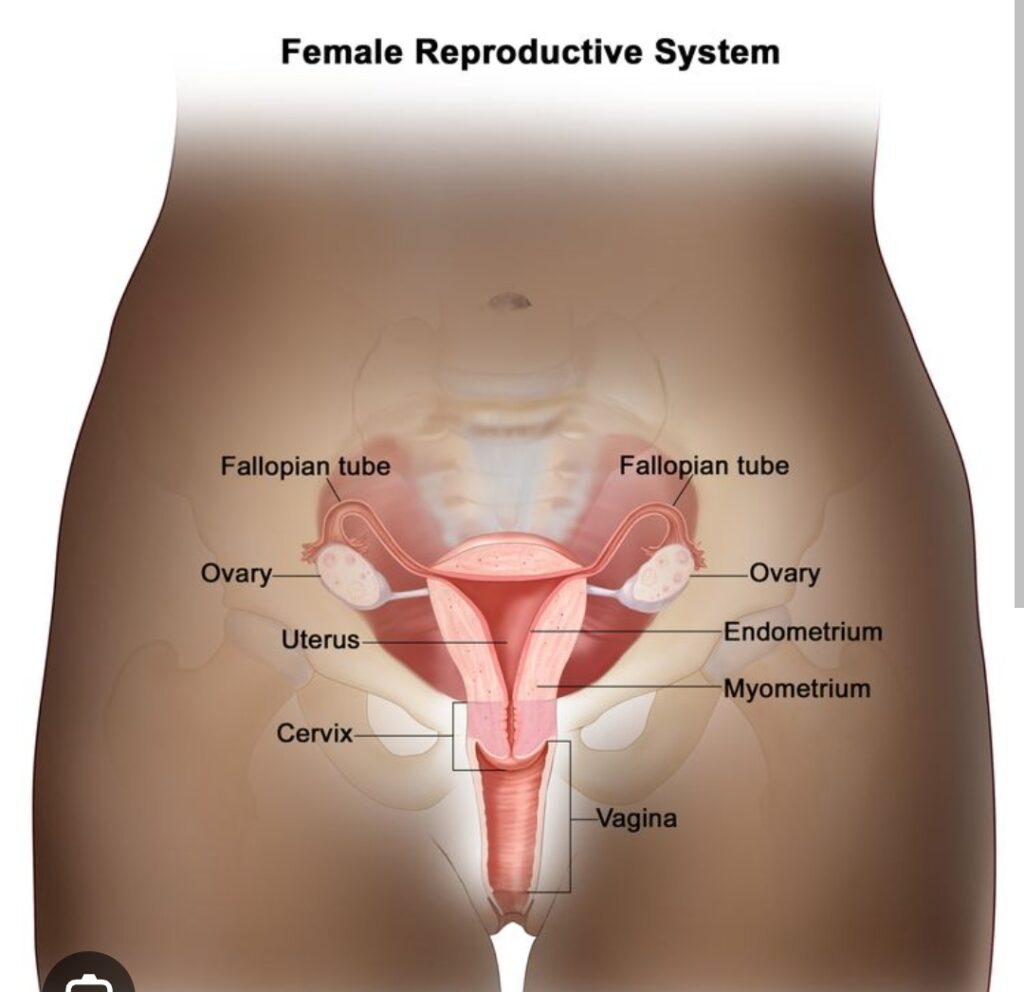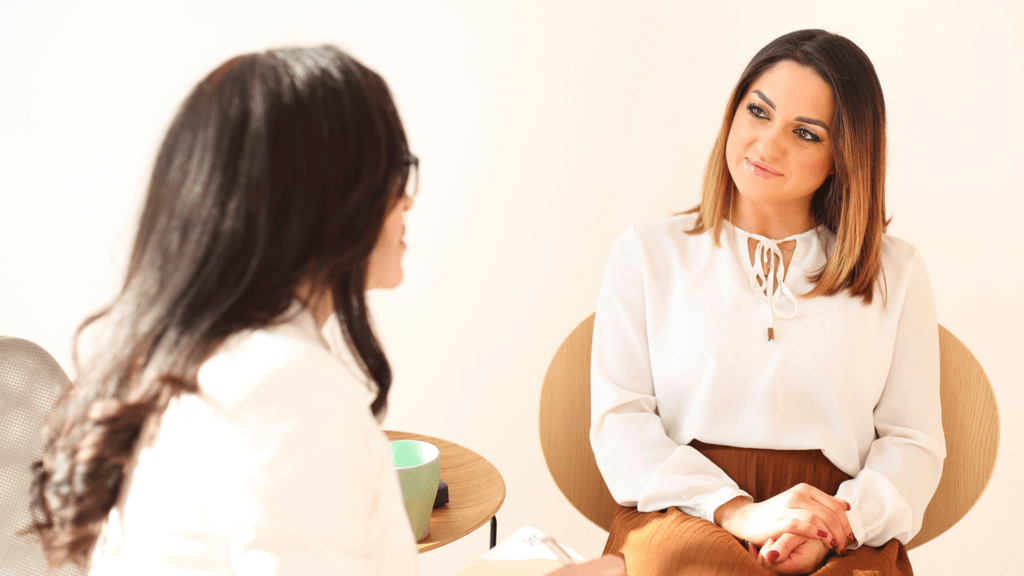Diagnose underlying reason of painful intimacy

Why it is important to diagnose the cause of painful sex? Always consult your health care!
Cervical cancer in females

What is cervical cancer: Cervical cancer is cancer that’s found anywhere in the cervix, which is the opening between the vagina and the womb. The main symptoms of cervical cancer are vaginal bleeding that’s unusual for you, pain during sex, changes in vaginal discharge and lower back pain. Your treatment plan for cervical cancer will […]
RETINOL ROLE IN SKIN CARE
What does retinol do for your skin? Retinol increases skin cell production (proliferation). It helps unclog pores. Retinol also exfoliates your skin and increases collagen production, which can reduce the appearance of fine lines and wrinkles, giving your skin a fresher, plump appearance. At what age should I start using retinol? Begin in Your Mid-20s […]
Breast feeding step by step guide
Latching on Latching on is how your baby attaches to your breast to feed. Lots of people assume that this comes naturally, but in reality it’s more of a skill that you and your baby need to learn together. Good attachment also helps prevent sore and cracked nipples, so it’s important to get it right. […]
Osteoporosis
Osteoporosis is a medical condition characterized by a decrease in bone density and strength, leading to fragile bones that are more prone to fractures. It occurs when the body fails to produce enough new bone tissue or when too much existing bone tissue is reabsorbed by the body. Osteoporosis can affect anyone, but it’s more […]
vitamin B complex

What is vitamin B complex useful for? B vitamins have a wide range of functions , including enabling the release of energy through metabolism and supporting the nervous system. Vitamin B complex is also useful for sleep disturbances, irritability, fatigue, anemia, mental health symptoms, and dermatitis, among others. role in brain function: Vitamin B-12 and other […]
Osteoporosis

Osteoporosis is a medical condition characterized by a decrease in bone density and strength, leading to fragile bones that are more prone to fractures. It occurs when the body fails to produce enough new bone tissue or when too much existing bone tissue is reabsorbed by the body.
Osteoporosis can affect anyone, but it’s more common in:
1. Older adults (especially postmenopausal women)
2. People with a family history of osteoporosis
3. Those with a small, slender build
4. Individuals with certain medical conditions (e.g., thyroid disorders, rheumatoid arthritis)
5. Those taking certain medications (e.g., steroids, anticonvulsants)
Symptoms may include:
1. Back pain
2. Loss of height
3. Stooped posture
4. Fractures (especially in the hips, wrists, or spine)
5. Weakness or fragility in the bones
Causes and risk factors:
1. Hormonal changes (e.g., menopause, low testosterone)
2. Lack of calcium and vitamin D
3. Sedentary lifestyle
4. Smoking and excessive alcohol consumption
5. Genetic predisposition
Prevention and treatment:
1. Maintain a balanced diet rich in calcium and vitamin D
2. Engage in regular exercise (weight-bearing and resistance training)
3. Manage chronic conditions and medications
4. Consider supplements or hormone replacement therapy (if necessary)
5. Get regular bone density screenings
Early detection and treatment can help prevent fractures and manage osteoporosis. If you’re concerned about your bone health, consult with your healthcare provider!